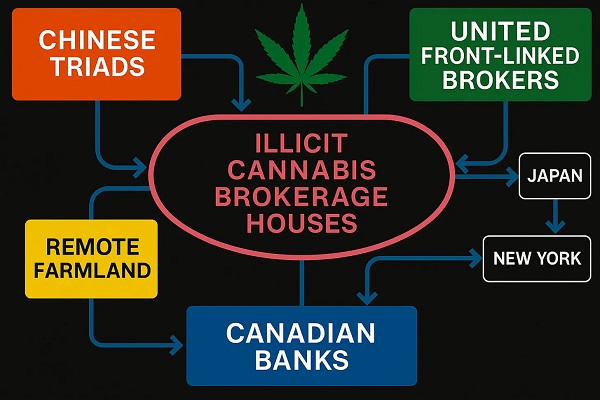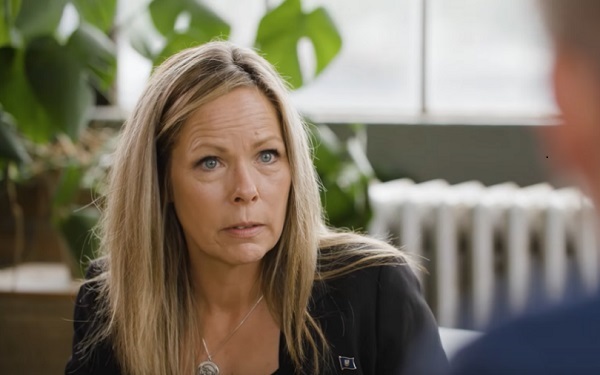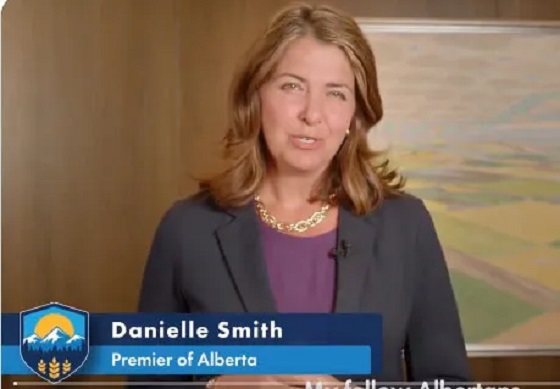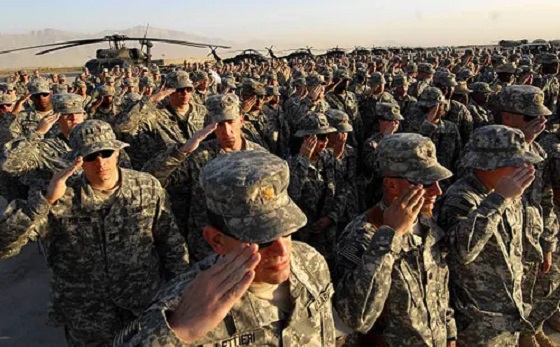International
Project Porcupine. Assessing the fantasy of an EU military surge.
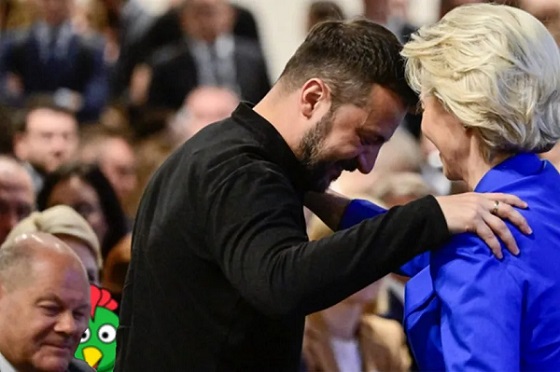
“An alliance with a powerful person is never safe.”—Phaedrus
The day after the historic debacle in the Oval Office, Ukrainian President Volodymyr Zelensky received yet another round of “whatever-it-takes” assurances from British Prime Minister Keir Starmer in London, and Russia claimed to have shot down three Ukranian drones from its airspace. Russia asserts that Ukraine aimed to hit a key compressor station on the TurkStream pipeline, one of two remaining active gas links between Russia and Europe. If destroyed, Europe would have plunged into a deep energy crisis. The diplomatic response was swift:
“Russian Foreign Minister Sergei Lavrov asked his Turkish counterpart, Hakan Fidan, to use all means at his disposal to prevent future attacks and Fidan pledged to do so, the Russian foreign ministry said on its website. Hungarian Foreign Minister Peter Szijjarto, whose country receives Russian gas through Turkstream, said on Facebook that Lavrov had informed him of the attack by telephone. Szijjarto said the operation of Turkstream was critical to Hungary’s energy security and called on the European Union to uphold guarantees that infrastructure linked to the 27-nation bloc would not come under attack.”
We warned of this vulnerability in our January Pro Tier presentation, Natural Gas Between Russia and Europe: History, Current Crisis, and Future Prospects (now unlocked for all subscribers here), and the attack underscores the live-wire risk of fighting wars by proxy: proxies can go rogue. This risk intensifies as the proxy realizes the war is lost, a reality that even Zelensky must be grappling with as he ping-pongs from one crisis meeting to the next. Zelensky’s thinly veiled threat that the US would soon “feel” the pain of the war, delivered to the US president for all the world to hear, leaves little doubt about the intended message behind the TurkStream mission.
With the US looking to wash its hands of the war, leaders of the European Union (EU) are gathering tomorrow in Brussels to plot their next move. Coming on the heels of the summit held in London on Sunday, the EU is pushing forward on a historical proposal to replace the financial and military resources previously provided to Ukraine by the US. Not all European capitals are thrilled about it:
“The European Union is preparing for a military spending bonanza. But for governments, it’s not only about the cash.
An emergency meeting of EU leaders on Thursday to figure out how to boost Europe’s security, amid United States President Donald Trump’s looming military disengagement from the continent, should be a chance to project a show of unity. But instead, it looks like a power grab is on the cards.
National capitals fear European Commission President Ursula von der Leyen will exploit this crisis to extend Brussels’ powers to new areas and strengthen her influence vis-à-vis national governments.”
The enthusiasm to create a multinational military comes on the heels of von der Leyen’s ambitious plans to reindustrialize the EU and establish a place of prominence in the AI arms race. Among the many problems with this vision, one is determinative: physics. That Europe is a drone attack away from yet another energy emergency is scandalous enough, but it is also testimony to the impossibility of converting platitudes into bombs. Brussels might refuse to acknowledge this fundamental truth, let alone confront it, but it is the sort of problem that cannot be wished away. The numbers are truly shocking.
Subscribe to Doomberg to unlock the rest.
Become a paying subscriber of Doomberg to get access to the rest of this post and other subscriber-only content.
Daily Caller
Trump’s Apparent About-Face On Ukraine May Not Be The Change It Seems, Experts Say
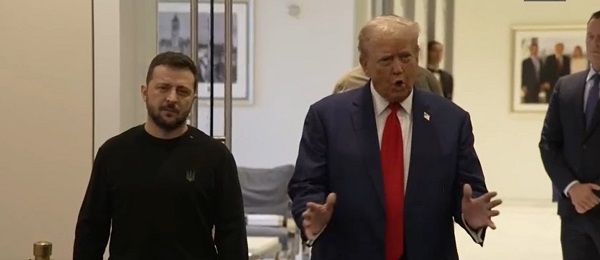

From the Daily Caller News Foundation
President Donald Trump’s apparent change in tune towards Ukraine shouldn’t be taken solely at face value, and may actually serve another purpose to further pressure all parties to come to the table, foreign policy experts told the Daily Caller News Foundation.
Trump issued a Truth Social post Tuesday saying that Ukraine was “in a position to fight and WIN all of Ukraine back in its original form,” and that he would continue sending NATO weapons to use in Ukraine. While many in the mainstream media characterized his statement as a notable “pivot,” experts told the DCNF that Trump may be giving Ukraine and Russian President Vladimir Putin one last chance to end the war on peaceful terms, after which Trump may stand strongly behind Ukraine or wash his hands of the conflict altogether.
“I think it’s a tactical shift, but I don’t think his strategic purpose has changed,” George Beebe, director of grand strategy at the Quincy Institute for Responsible Statecraft, told the DCNF. There are parties that insist that it must be a battlefield victory, and there are those in Russia that believe that it ought to be a battlefield victory. His answer to them is, ‘okay, you don’t want to compromise? Go ahead, pursue your battlefield victory,’ and that’s one that I don’t think any of these people have really grappled with the reality of what that really means for them.”
Dear Readers:
As a nonprofit, we are dependent on the generosity of our readers.
Please consider making a small donation of any amount here.
Thank you!
“If you read carefully, he talks about NATO as if it’s some separate entity to the United States,” Beebe told the DCNF. “I think the Europeans could not have failed to pick that up. And that by itself is, from Europe’s point of view, very concerning. And Trump basically said, ‘Okay, Europe, go ahead. Go to it. You defeat this paper tiger of Russia.’ But don’t expect … the United States to come running to defend you when the Russians shoot back at you.”
The White House has claimed that Trump’s statements towards Ukraine are part of a larger negotiating tactic. Trump has continued to pressure nations buying Russian oil to change their petroleum supply, most recently urging Turkish President Tayyip Erdogan during their Oval Office meeting Thursday.
Wilson Beaver, senior policy advisor for defense budgeting and NATO policy at the Heritage Foundation, told the DCNF that his insistence on pursuing these trade negotiations surrounding the Ukraine war is evidence that Trump is nowhere near done with attempting to broker peace.
“One thing I would point to that shows just how committed he is: the tariffs put on India,” Beaver told the DCNF. “India has been making a lot of money buying oil from the Russians, and we’ve nicely asked them to stop for the past three years, and they haven’t. President Trump was frustrated with that, and he acted to try to get the Indians to stop funding Russia’s war in Ukraine, and this has had some follow-on negative effects for the U.S.-India relationship.”
When asked a question Tuesday on whether or not the president still trusted Putin to come to the peace table, Trump told reporters to wait “a month from now.” Trump also said that he would back NATO allies if Russia decided to expand its war to the rest of Europe.
This month, Russia has violated violated the airspace of Poland and Estonia multiple times, prompting condemnation from Europe and increased readiness among NATO nations for any potential escalation with Russia. Whatever Trump’s tactics are, Beaver believes his course remains steady despite perceived rhetorical changes.
“He’s very committed to a peace deal, a cease fire for Ukraine,” Beaver told the DCNF. “I think it was always in the cards that different tactics might have to be used to reach that end state, but the goal is the same.”
Daily Caller
‘Let’s Have A Trial’: Comey Responds To Indictment
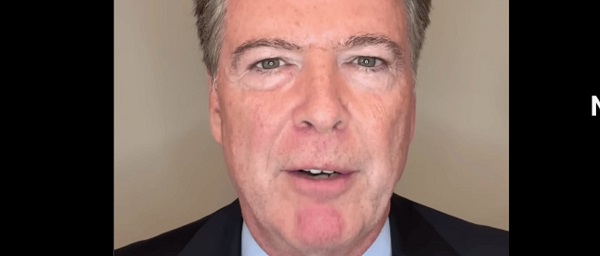

From the Daily Caller News Foundation
Prosecutors indicted Comey with making a false statement to Congress and obstructing a congressional investigation. Comey posted a video on Instagram to respond to the indictment and framed it as political retribution.
“My family and I have known for years that there are costs to standing up to Donald Trump, but we couldn’t imagine ourselves living any other way. We will not live on our knees, and you shouldn’t either. Somebody that I love dearly recently said that fear is the tool of a tyrant, and she’s right,” Comey said.
Comey said that neither he nor his supporters should give in to intimidation.
“I’m not afraid, and I hope you’re not either. I hope instead you are engaged, you are paying attention, and you will vote like your beloved country depends upon it, which it does. My heart is broken for the Department of Justice, but I have great confidence in the federal judicial system, and I’m innocent. So let’s have a trial and keep the faith,” Comey said.
A CIA memo released in July reveals that Comey and former CIA Director John Brennan may have given false testimony when they claimed under oath that the Steele Dossier played no role in the 2017 Intelligence Community Assessment (ICA). The memo, based on a June review, directly challenges their sworn statements.
The review said that Brennan actively worked to insert the Steele Dossier into the ICA. Former British spy Christopher Steele created the dossier for Fusion GPS, a research group bankrolled by Hillary Clinton’s campaign through the law firm Perkins Coie.
-

 Alberta16 hours ago
Alberta16 hours agoAlberta teachers to vote on tentative agreement with province
-

 Business1 day ago
Business1 day agoTaxpayers: Stop wasting money and scrap the gun ban
-

 Business2 days ago
Business2 days agoWEF has a plan to overhaul the global financial system by monetizing nature
-
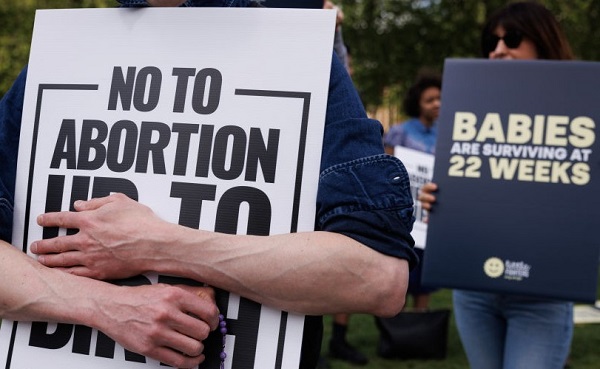
 Alberta1 day ago
Alberta1 day agoAlberta pro-lifers demand protections for infants born alive after failed abortions
-

 Crime1 day ago
Crime1 day ago1 dead, 2 injured after shooting at Dallas ICE facility
-
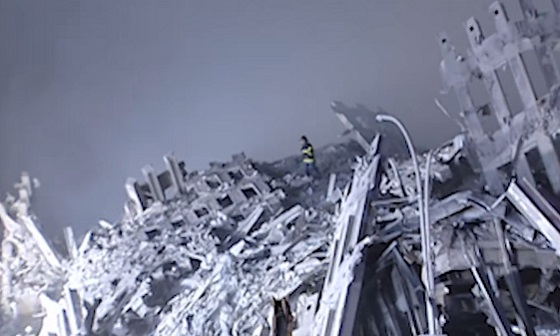
 espionage1 day ago
espionage1 day ago24 years later: Tucker Carlson releases interview with retired CIA agent claiming the CIA KNEW 9/11 was coming
-

 Daily Caller1 day ago
Daily Caller1 day agoTrump’s Ultimatum To Europe On Russian Oil
-
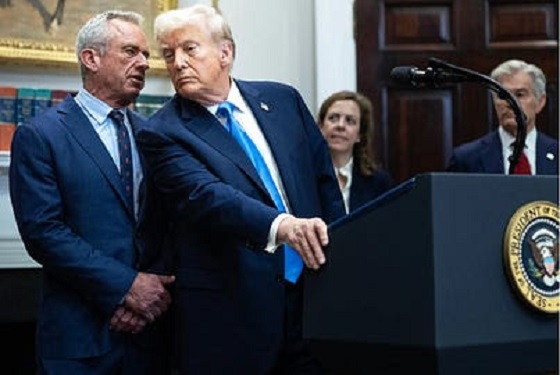
 Autism2 days ago
Autism2 days agoSecretary Kennedy’s Key Remark at Autism Press Conference





